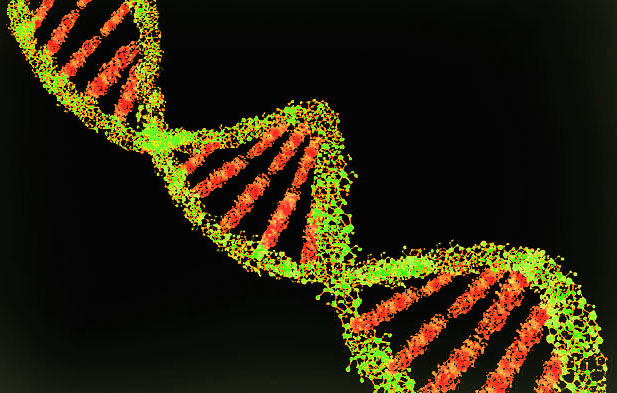Of course genes matter in social mobility
We should not be surprised that genetic luck echoes down the generations
I don't want to get into the habit of using this newsletter to respond directly to other writers. It can send readers scurrying around trying to establish who said what, especially if a line-by-line ‘fisking’ is involved.
I also think Paul Staines of Guido Fawkes is right that most readers don't want long posts dissecting already long posts in tedious detail. But James Kirkup’s recent musings on hereditary professions in UnHerd deserves a specific response, since it is redolent of a lot of poor thinking on the subject of social mobility.
This is the starting point of Kirkup’s complaint:
“In Britain, a child who has at least one parent who is a medical doctor is 24 times more likely than other children to grow up to become a doctor. For all lawyers, the figure is around 18, and almost certainly higher for barristers. Comparable figures aren’t easily available for journalists, but no one who has spent any time in the trade would doubt that hereditary hacks are at least as common.”
The director of the Social Market Foundation says that such figures should be “jaw-dropping”. His thesis, crudely put, is that poshos are hoarding the top jobs and the lower classes hardly getting a look in. One consequence is that “we regularly put our lives in the hands of people who have not been drawn from the widest possible talent pool.”
Kirkup’s complaint surely has some weight, even if he doesn’t explictly list causes. Parents help their kids get good jobs: private schools, extra tuition, and funding for extracurricular activities are obvious advantages. Introducing your sprogs to the right people is useful too, although this seems less relevant for professions like medicine which require candidates to run an examination gauntlet.
Yet one concept in the piece is conspicuous in its absence. Indeed, it’s perplexing that anyone could write a column on social immobility without touching on it. What about genetics?

The nearest reference to it is in a passing statement. “If anyone seriously believes that aptitude for medicine is entirely inherited, I cannot find them,” Kirkup writes. I suspect in the bowels of the internet, where every view has its advocate, such people can be found. But nobody has to think aptitude is entirely inherited to think that heritability accounts for a decent portion of the phenomenon Kirkup is complaining about.
His mistake is contained in the following rhetorical question: “The rules, conventions and incentives that put that pilot in the cockpit would do so on the basis of talent, effort and training rather than birth, wouldn’t they?”
“Rather than” begs the question. One meaning for talent is “natural aptitude or skill”, or the genetic gifts you were born with. These contribute to many of the traits desirable in a pilot, including the conscientiousness that would enable somebody to put in the effort necessary to stick to the necessary training.
I don’t take Kirkup to be a blank slatist, thinking that all variation in human abilities is down to environmental effects. He surely knows that height confers an advantage in many sports, and that height is largely a matter of genes. On that basis alone it would hardly be surprising if the son of a basketball player had better odds of playing the sport professionally than a random boy.
So would Kirkup concede the same of intelligence or any other quality needed for many prestigious occupations on our modern economy? If so it’s not evinced in his piece.
As it happens, the expert bet is that intelligence is pretty heritable. Coupled with assortative mating, in which smart people are more likely to marry smart people, it’s hardly a leap to guess that doctors’ children are on average more genetically suited to practicing medicine, or another prestige occupation which favours overlapping traits.
Those with real expertise in genetics could no doubt point to many confounding factors in this picture. Clearly geniuses can be born to dunderheads, and vice versa. A child’s upbringing is also influential in how they develop and what career they go into, and there will be plenty of churn in fortunes between generations within a family. “On average” is doing some heavy lifting in that last paragraph.
Yet such things are important, because they put a limit on what government can be expected to achieve with social mobility. A society where a doctor’s son is exactly as likely as a plumber’s son to enter medicine on average may seem attractive, but it also defies genetics – to say nothing of the myriad social factors that could prove just as tricky to address.



